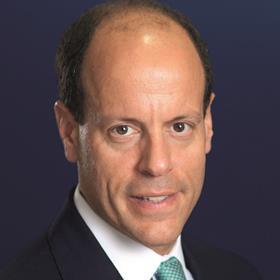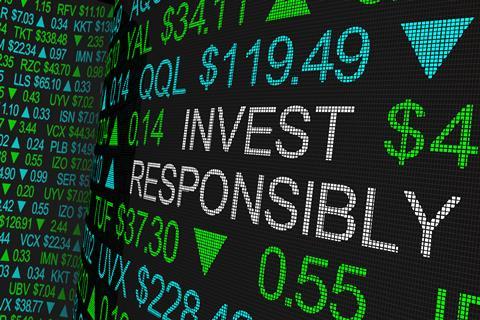It is safe to say that social impact was not a priority for the financial industry when I established Patron Capital with my partners 20 years ago.

While I have always used my personal time for charity and created a culture underpinned by this at Patron, it was not a consideration for most investors, let alone a part of their investment criteria.
This has all changed. Environmental, social and corporate governance (ESG) is top of the news agenda and its integration into the criteria of mainstream institutional investors has grown, giving way to the creation of the real assets sustainability benchmark, GRESB.
ESG is effectively a new metric of risk management and can help to maximise or protect financial returns. We have always considered this at Patron and understanding and monitoring the potential social and environmental impact of an investment has long been a key Patron investment criteria.
We are now witnessing an evolution of impact investing, where investors seek out investments that actively contribute to social and environmental solutions while delivering a financial return, putting the two on an equal footing. This goes beyond ESG.
In the past, the assumption has been that impact investments were smaller and higher risk compared with other categories, or that there must be a trade-off of return for impact. Institutional investors with a duty to achieve the best returns they can for their beneficiaries were wary of allocating capital this way.

However, an increasing number of strategies have emerged that demonstrate scale, good risk-adjusted returns and a number of risk-mitigating factors in an institutional portfolio, proving that impact investment can fit well with the scale and fiduciary duties of pension funds.
We in property are well placed to use our expertise to drive this forward to address some of the country’s most pressing issues. Through Patron’s Charitable Initiatives programme, we use our experience to identify both needs and solutions within local communities, and this approach led us to recently announce our work on the Women in Safe Homes (WISH) Fund, believed to be the first-ever gender lens property fund alongside Resonance and Big Society Capital.
Domestic abuse is one of the leading causes of homelessness for women and children. In England and Wales alone, 1.3 million women experienced domestic abuse in 2017-18 , while Women’s Aid reports that 60% of women being referred to specialist refuges are being turned away, mainly due to lack of space. The WISH Fund will buy assets addressing the lack of affordable, safe and secure homes for women experiencing homelessness or with other complex needs.
We can combine our property investment expertise, granular approach and network of contacts with our desire to help those who need it the most and deliver a return from rent and capital appreciation.
There is still much that needs defining about impact investing, primarily how impact will be measured, but this is an important moment. At a time when we are all increasingly aware of our individual impact on our environment, we can use our ‘day job’ to address some of society’s biggest problems. It is time to get to work.
Keith Breslauer is managing director of Patron Capital






























No comments yet